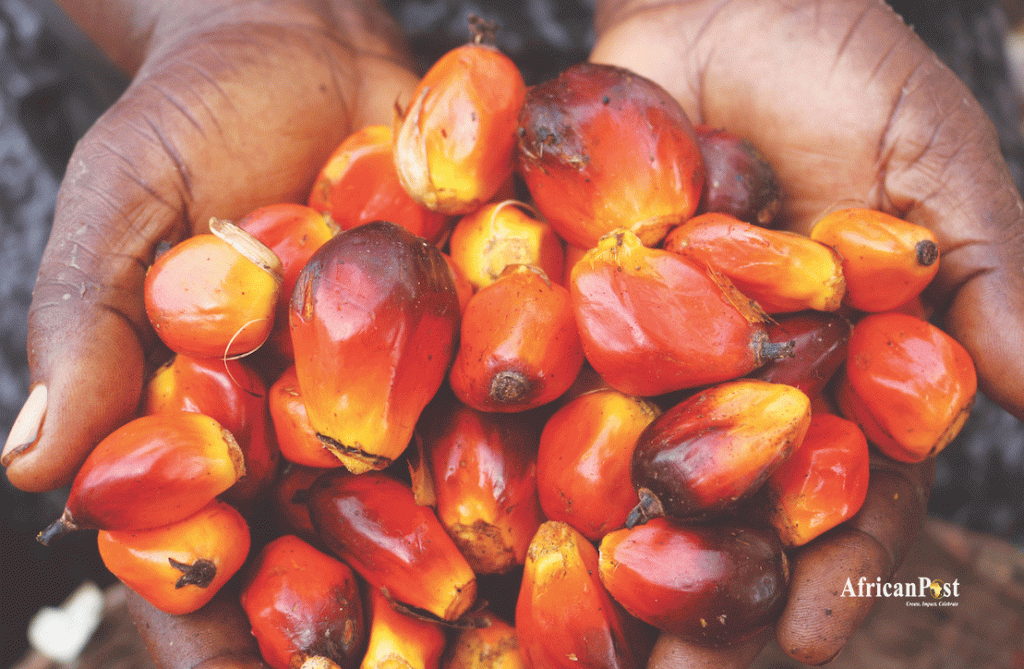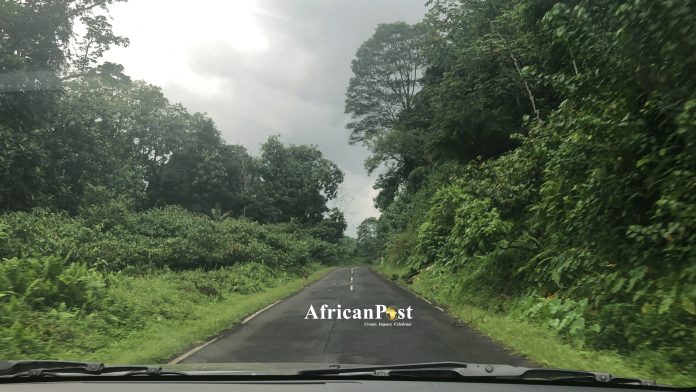In response to a question by a South African entrepreneur on what three sectors he would have invested in if he was 21 years, Aliko Dangote speaking at the Mo Ibrahim Foundation’s 2019 forum on the theme Africa’s youth: jobs or migration in Abidjan, Cote D’ Ivoire said: “ I think the sectors to focus on is either ICT or agriculture, these are the two most promising areas you need to focus on.”
Many young people across the African continent consider gold, diamond and oil as the natural resources with the highest dividend but agriculture is the diamond in the rough.
According to the World Economic Forum, Smallholder farmers in Africa are still among the poorest in the world. This narrative has caused many young people in Africa to believe that agriculture is only reserved for the aged and people in rural communities on the continent.
Africa’s population is over a billion people. The United Nations defines youth as people aged 15 to 24 years, Africa constituted 19% of the global youth population in 2015 numbering about 226 million. According to Ghana’s national youth policy (2010), youth is defined as those between 15-35 years. This clearly shows that the African perception of a young person is different from other parts of the world.

60% of arable land is in Africa and its potential for investment and jobs in enormous and an opportunity youth on the continent must embrace.
The reality of agriculture in Africa is that banks, insurance firms, investors and even governments have stringent requirements to fund emerging agribusiness venture but the president of the African Development Bank Dr Akinwumi Adesina believes that “if we use our resources to guarantee some loans and help banks get more comfortable with lending in the sector, then we believe we can unlock the many billions of dollars needed to spur new businesses and help the sector function properly.
There is no shortage of entrepreneurs who want to serve the farmers’ need. There is the only shortage of capital. If the entrepreneurs have the resources they need, then we can get a lot closer to agriculture as it should be – as a business.”
Some youth may say this is the usual political talk they hear all the time but Dr Akinwumi Adesina’s bet would be in the proverbial African saying “If a frog comes out of the water and tells you the crocodile is dead, do not doubt it.”
In an article on the African Development Bank Group, Dr Adesina said “Agriculture is not a way of life. It is not a social sector or a development activity, despite what people may claim.
Agriculture is a business. And the more we treat it as a business, as a way to create wealth, the more it will promote the development and improve people’s lives to boot. One way to treat agriculture as a business is to get the private sector more involved in it. When I was Nigeria’s Minister of Agriculture, the most important thing I had to understand was that government can’t create agricultural transformation; it can only enable it by making more room for businesses to intervene. We could do this by putting the right policies and regulations in place, by creating strong institutions, and by building sufficient infrastructure.
But there is not much government can do with a reasonable measure of efficiency. Agricultural transformation has to be led by the private sector. The problem in Nigeria was that the private sector was largely non-existent in agriculture. Take fertilizers and seeds. For 40 years, the federal government had been procuring these inputs and filtering them down through layers of state and local governments until, in theory, they got the smallholder farmers who needed them. Except for the theory rarely played out in practice. Our data indicated that only 11% of the fertilizer procured by the government got to farmers in the end.
With corruption and inefficiencies, it wasn’t hard to explain why a country with 84 million hectares imported almost all of its food. We decided to replace the government-run agriculture with a set of small and medium enterprises that run the gamut from providing inputs to smallholder farmers to transporting, processing, and selling food. These businesses would bypass government bureaucracies and build supply chains directly into rural communities, generating we hoped significant ripple effects. We dismantled the public procurement system in less than 100 days.
Over the next two years, the number of seed companies operating in Nigeria increased from just 11 to more than 100. The new fertilizer market mobilized 5 billion Naira from private investors over the same span. Companies which stopped doing business in Nigeria because of corruption re-entered the market. I don’t mean to make it sound so simple. Merely removing the government from the fertilizer and seed business doesn’t guarantee that the private sector will step into the breach.
We needed to demonstrate that there was a market opportunity that farmers wanted to buy these products. But without a ready supply, it was challenging for farmers to express demand. On the demand side, the key was making fertilizer and seeds affordable enough for smallholders to try. So, we instituted a 50% subsidy, with the idea that farmers would fund more and more of their purchases over time. Subsidies are not a new or radical, but we innovated by creating a new and radical delivery mechanism: the eWallet program. We knew that there were 130 or 140 million mobile phones in Nigeria, so phones seemed like the most efficient way to reach millions of farmers. As a side benefit, the eWallet program helped us make contact with farmers, which not only gave us more information about the population we meant to serve but also gave them the means to communicate back to us over time.”
The World Economic Forum last month in a report revealed that Covid-19 is exacerbating food shortages in Africa leading to a state of food insecurity on the continent. Lockdown measures have disrupted internal supply chains halting food production. Huge locust swarms have devastated crops in Eastern Africa, a statement from the Ministry of Agriculture in Ghana confirmed the invasion of Fall Armyworm with the worry that this would pose as a threat to food security and the livelihood of thousands of smallholder maize farmers.
Notwithstanding these challenges in the agriculture sector on the continent, we must take the needed action the reduce the impact of food insecurity in Africa. Academia, entrepreneurs, government and all stakeholders in the agricultural value chain must begin to find solutions to the impending threat of food security. If the youth on the continent can dedicate their energies into agric and its related activities, we could have the next globally recognize entrepreneur on the continent.
Historically, African is known for individual successes but its time we embrace partnerships. Renowned Ghanaian Lawyer Ace Ankomah says “every threat in itself is an opportunity if you know how to leverage it.” Agriprenuers and technopreneurs on the continent should embrace the challenge to develop world-class solutions that will truly make Africa the world’s food hub.
Michael Sa-Ambo – African Post Online

Michael Sa-Ambo is a consummate writer who is passionate about development on the African continent. His area of interest is in current affairs, personal development and communication.















